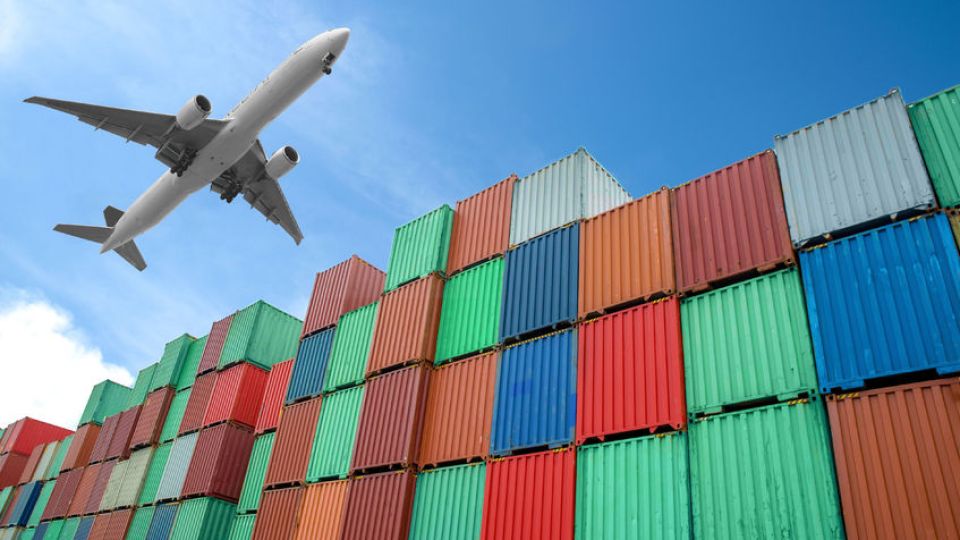July 7, 2022
MANILA, Philippines — Even as President Ferdinand Marcos Jr. expressed aversion to relying on importation in his inaugural address, his economic team will still turn to sourcing food items abroad to arrest spiking domestic prices.
In an interview with ANC on Wednesday, Finance Secretary Benjamin Diokno also clarified the president’s disbelief in the Philippine Statistics Authority’s report last Tuesday showing headline inflation of 6.1 percent in June, the highest monthly rate since the rice crisis of 2018.
Diokno said Marcos had been briefed about the average inflation for the first half, which at 4.4 percent was above the Bangko Sentral ng Pilipinas’ (BSP) target band of manageable price hikes.
The BSP had projected the inflation rate to average 5 percent this year, before easing to a still above-target 4.2 percent next year, and then a within-goal 3.3 percent by 2024, Diokno noted.
To bring consumer prices down, Diokno said Marcos had indicated willingness to continue importing some food items like corn, pork, and rice, as well as coal at lower tariffs under his predecessor’s Executive Order No. 171 effective until year-end.
“If demand exceeds supply so there will be a shortage, we will continue to import for our food requirements, and that’s to keep prices reasonable and affordable to the ordinary people,” he said.
The Philippines is a net importer of goods, including food and oil.
President’s policy stands
At the same time, the chief economic manager said the President’s inward-leaning policy on food and agriculture sustainability will be pursued.
“Simultaneously, we plan to increase production, increase efficiency, and maybe plant more. That’s why he accepted the agriculture post; he wants to focus on production, and he will do that through maybe more sustained productive activity and increasing productivity in the sector,” Diokno said.
“They’ll go hand in hand: increase production, while at the same time, importation while there’s still a gap,” the Finance chief said.
Diokno said the private sector as well as local governments, which have more money with the implementation of the Supreme Court’s Mandanas-Garcia ruling in full swing, would be enjoined to help boost the agricultural sector’s productivity.
For his part, Socioeconomic Planning Secretary Arsenio Balisacan called on Congress to pass the proposed livestock development and competitiveness bill to ease elevated inflation.
“Among the major provisions of the livestock development and competitiveness bill is the updating of the corn industry roadmap, along with the establishment of competitiveness enhancement funds for the livestock value chain,” Balisacan said in a statement.


